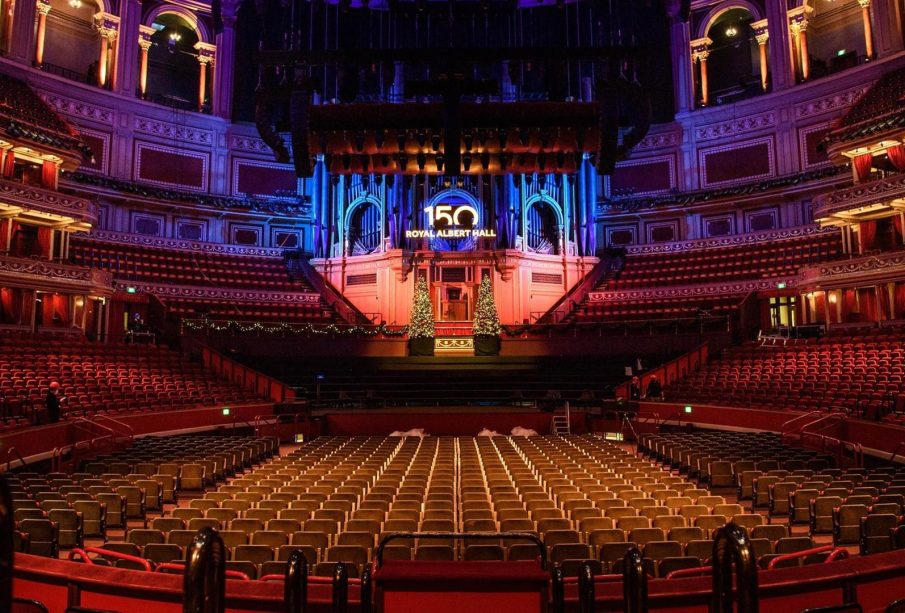Exploring the Royal Albert Hall: A Cultural Icon

Introduction
The Royal Albert Hall, one of London’s most iconic venues, stands as a testament to the city’s rich cultural heritage. Opened in 1871, this architectural masterpiece has played host to a wide range of events, from concerts and ballets to award ceremonies and banquets. Its significance stretches beyond mere entertainment; it serves as a cultural hub for millions of visitors every year, promoting music, arts, and education.
History and Significance
The Royal Albert Hall was commissioned by Queen Victoria in memory of her husband, Prince Albert, and designed by the architect Francis Fowke. Its distinctive circular structure and ornate interior reflect the Italianate style, making it a prime example of Victorian architecture. Over the years, the Hall has become synonymous with the ‘Proms’, an annual summer series of concerts that has introduced classical music to enthusiastic audiences.
Throughout its history, the Royal Albert Hall has welcomed a diverse array of performers including The Beatles, Sir Elton John, and Andrea Bocelli, illustrating its versatility as a venue for different genres of music. The Hall’s acoustic design is particularly noteworthy, designed to provide an unparalleled auditory experience.
Recent Events and Future Plans
In recent months, the Royal Albert Hall has resumed hosting live events following restrictions imposed during the COVID-19 pandemic. The reopening celebrated the return of live music, with a packed schedule of performances that included both classical and contemporary acts. Highlighted events this year include the much-anticipated performance by the London Philharmonic Orchestra and special commemorative concerts celebrating the Hall’s 150th anniversary in 2021.
Looking ahead, the Royal Albert Hall plans to enhance its facilities, including extensive renovations to the audience areas and backstage, ensuring it remains a vital player in London’s cultural landscape. The Winter season’s programming promises a mix of established artists and emerging talent, reflecting the institution’s commitment to fostering a diverse music scene.
Conclusion
As the Royal Albert Hall continues to evolve, it remains a symbol of artistic excellence and cultural vitality in the heart of London. Whether you’re a local resident or a visitor from afar, experiencing a performance at this historic venue is an unforgettable journey into the world of music and the performing arts. As it celebrates its legacy while adapting to modern expectations, the Royal Albert Hall is set to inspire generations to come.









